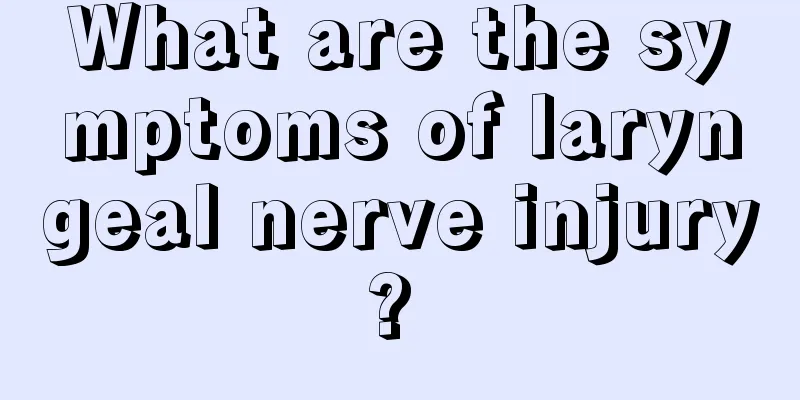Who are suitable and unsuitable for cardiopulmonary resuscitation?

|
Cardiopulmonary resuscitation is a first aid technique performed on people suffering from cardiac arrest. If the patient's heart and breathing have stopped and there are no clear signs of death, cardiopulmonary resuscitation can be used to save the patient. However, not everyone is suitable for cardiopulmonary resuscitation. For example, patients with chest trauma, central nervous system diseases, cardiac tamponade, and terminal diseases are not suitable for cardiopulmonary resuscitation. 1. Who is suitable for cardiopulmonary resuscitation? The indication for cardiopulmonary resuscitation is cardiac and respiratory arrest. For non-professionals, cardiopulmonary resuscitation can be started as long as someone is found to be unconscious (no response to calls, no spontaneous movements) and not breathing. However, if some injured or patients already have clear signs of death when they are found, such as rigor mortis, no further rescue is required. 2. CPR is not suitable for patients with chest trauma In the event of a car accident or fall, chest compressions are not suitable due to the presence of lung contusions, lacerations, and open wounds, which may cause severe bleeding, tension pneumothorax, or infection. 3. Cardiopulmonary resuscitation is not suitable for patients with central nervous system diseases If the patient (injured person) is suspected of having cerebral hemorrhage or acute craniocerebral injury, cardiopulmonary resuscitation should not be performed. The method of judgment is to observe the reaction of the patient's (injured person's) pupils. When the pupils contract when they see light, it means that there is enough oxygen in the blood and it can flow into the brain. If the pupils have no reaction when they see light and are still dilated, it means that there is serious brain damage and cardiopulmonary resuscitation should be terminated immediately. 4. Cardiopulmonary resuscitation is not suitable for patients with cardiac tamponade Common causes include heart rupture caused by myocardial infarction, rupture of the root of aortic dissection causing a large amount of blood to flow into the pericardium, etc. This group of people usually have a history of illness and quickly go into shock when the disease occurs. Chest compressions can cause further bleeding and can be fatal. 5. CPR is not suitable for patients with terminal illnesses such as advanced cancer If it is clear that the patient has irreversible organ failure such as heart, brain or lung, cardiopulmonary resuscitation is not necessary. In addition, cardiopulmonary resuscitation is not recommended for patients with a history of emphysema or chest deformity, as it may cause lung rupture and secondary injury. |
<<: The main uses and synthesis methods of isomyristate
>>: What is CPR training? How to perform CPR?
Recommend
How to treat advanced laryngeal cancer
Laryngeal cancer usually requires reasonable trea...
What are the symptoms after suffering from lung cancer? 8 symptoms indicate that you have lung cancer
The serious harm of lung cancer makes many people...
What are the dietary do's and don'ts for ovarian tumors
Ovarian tumor is a common disease among women, an...
What are the symptoms of ophthalmoplegia
Ophthalmoplegia often manifests itself as droopin...
The most obvious sign of colon cancer
There is usually no obvious sign of colorectal ca...
Cost of treatment for advanced liver cancer
However, it should be noted that the cost of inte...
What causes chicken skin?
The problem of goose bumps on the skin is believe...
Is skin a tissue or an organ?
The skin is generally considered an organ. It is ...
What to do if back pain often occurs after bowel cancer surgery
What should I do if I often have back pain after ...
How to provide dietary care for patients with hamartoma
Some patients with hamartomas often suffer from r...
Is nasopharyngeal carcinoma contagious and what is the cause of the disease
Is nasopharyngeal cancer contagious? What causes ...
Causes of early teratoma
Teratoma is a tumor covered by a membrane. In the...
What are the latest treatments for atrial fibrillation
Heart disease is one of the killers that threaten...
Can I eat vinegar if I have too much stomach acid? Is it good to drink vinegar if I have too much stomach acid?
Excessive gastric acid is a health problem that m...
What is the incidence trend of prostate cancer in China
International research on prostate cancer has nev...









